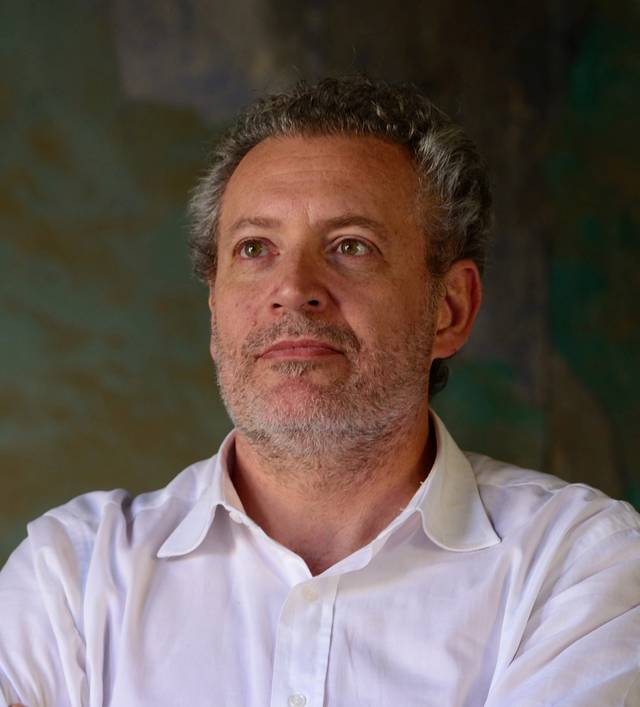
Giovanni Fontana Antonelli is an architect and regional planner graduated from Florence University (Italy) in 1994. Specialized in conservation and management of historic towns and landscapes, he joined UNESCO in 1998, as Culture Programme Specialist for Sub-Saharan Africa; after one year at the Africa Unit of the UNESCO World Heritage Centre in Paris (2001-2002), he moved to the Middle East, focusing on historic preservation, museum development, capacity building, with emphasis on sustainable development for local communities. He worked extensively in Palestine (2003-2013), where he conceptualized and managed circa forty projects in the districts of Bethlehem, Ramallah, Nablus, Jericho, Tubas, and in the Gaza Strip. After a semester in Nigeria in early 2013, he left the organization to focus on technical achievements. Since 2013, he worked as Senior Consultant for the UNESCO Iraq Office (cultural heritage preservation projects in Baghdad, Basrah, Mosul and Samarra), as well as Technical Advisor to the Department of Antiquities and the Municipality of As-Salt in Jordan for the inscription of As-Salt Eclectic Architecture on the World Heritage list. In 2017 he established the non-profit organization Archi.Media Trust, which focuses on human settlements, cultural development, social justice and human rights through education and communication. Keynote speaker in international conferences and symposia, he is author of more than sixty papers, articles and book chapters on historic towns, cultural landscapes and cultural management; he is co-editor of the two-volume publication “Bethlehem Area Conservation and Management Plan” (Paris: 2012) and the photographic book “The Land That Remains” (Berlin: 2016). The advocacy planning for the protection of the agricultural dry-stone terraces and irrigation systems of Battir (2006-2013) was awarded the “Melina Mercouri International Prize for the Safeguarding of Cultural Landscapes” in 2011, and substantially contributed to the inscription of the “Cultural Landscape of Southern Jerusalem-Battir” on the World Heritage list in 2014. The project “Reviving of earthen architecture in the Jordan Valley towards adequate housing for marginalized communities” (funded through the United Nations Trust Fund for Human Security) was nominated for the Aga Khan Award for Architecture in 2013 and 2016.